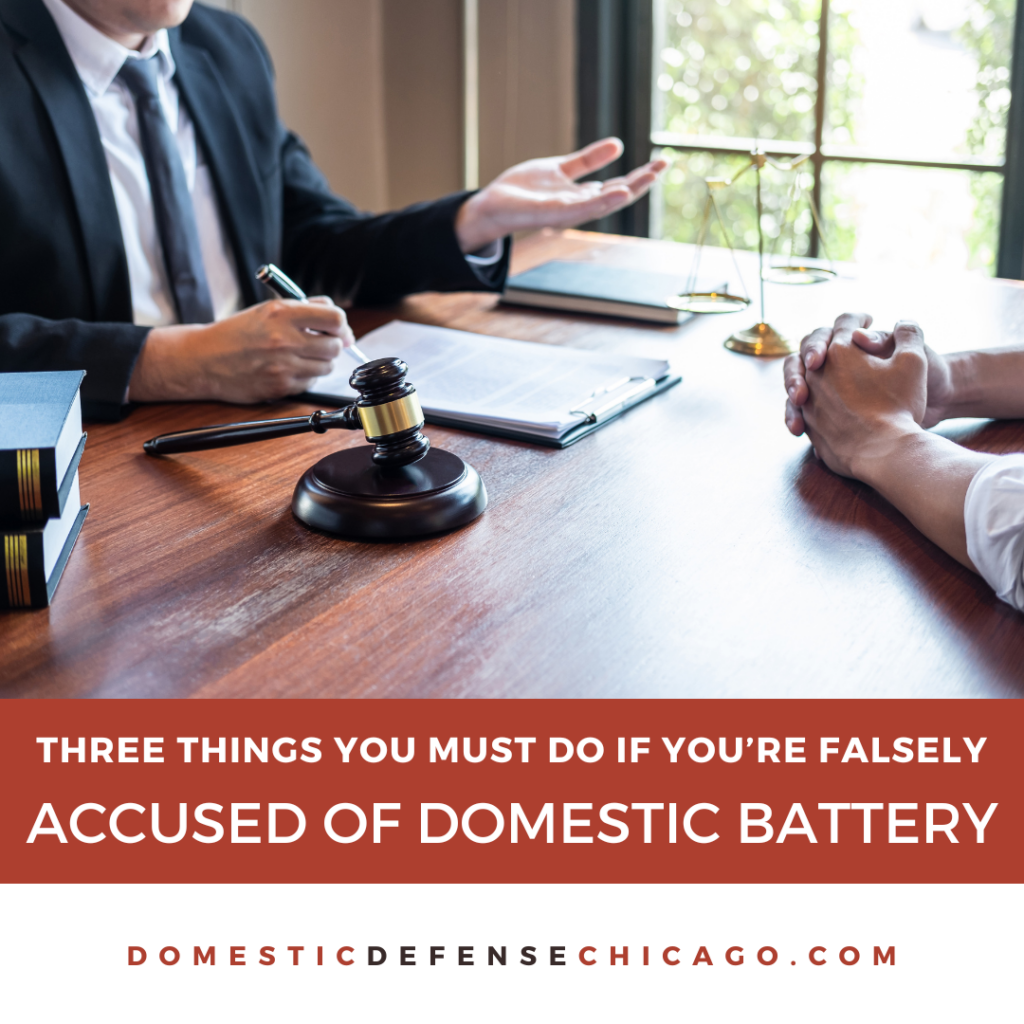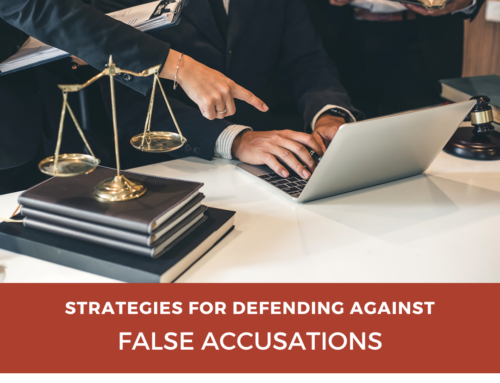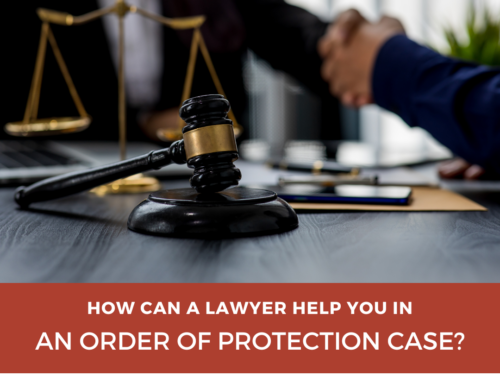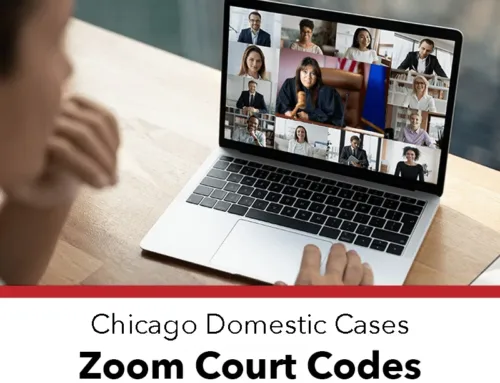Facing a false accusation of domestic battery can be a stressful and confusing time. You might feel overwhelmed, but it’s crucial to act swiftly and strategically. This guide will walk you through the essential steps you must take to navigate this challenging situation and protect your rights.
3 Things You Must Do if You’re Falsely Accused of Domestic Battery
This guide explains the following:
- Understanding the Seriousness of the Charge
- Securing Legal Representation
- Gathering Evidence and Witnesses
- Complying With All Court Orders
- Preparing for Your Defense
Here’s a closer look at each.
Understanding the Seriousness of the Charge
Domestic battery in Illinois is treated as a severe criminal offense. This charge is applied in situations involving physical harm or any physical contact that could be considered provocative or unwanted with someone you live with or a family member. It’s important to understand that even if the accusations against you are unfounded, the mere presence of a charge can disrupt your life significantly. It can affect your reputation, your employment, and your relationships. Recognizing the seriousness of a domestic battery charge is the first step in mounting an effective defense.
Securing Legal Representation
When facing a domestic battery charge, securing a lawyer who specializes in such cases in Chicago should be your immediate priority. A lawyer with experience in Illinois domestic violence law will be invaluable. They can start developing a defense strategy as soon as you engage their services. An attorney will also protect your rights during police interviews and throughout the court proceedings. It’s crucial to remember that anything you say to law enforcement can be used against you in court, so having legal representation before you make any statements is essential.
Gathering Evidence and Witnesses
Evidence that can help prove your innocence is critical. This includes any form of communication, like text messages and emails, that could support your case. Additionally, if there were people who witnessed the incident or who can testify about your character and typical behavior, their input could be instrumental in your defense. Your attorney will assist you in identifying and collecting this evidence and will determine how to present it effectively in your case.
Complying With All Court Orders
If a court has issued an order of protection against you, it is imperative that you comply with it completely. Any infringement of a restraining order can lead to further charges and negatively impact your standing in court. Your lawyer will explain the terms of the order, what you are required to do, and what you must avoid doing. It’s important to follow these instructions carefully to avoid complicating your case.
Preparing for Your Defense
In preparation for your defense, you should work closely with your attorney. This preparation may involve practicing your testimony, understanding the arguments that the prosecution may use against you, and discussing the most effective legal strategies for your situation. Your lawyer will manage all communications with the prosecutors and the court on your behalf. Their goal is to present your case in the most favorable light, aiming for the best possible outcome given the circumstances.
Navigating a domestic battery charge requires a comprehensive understanding of the law, a strategic approach to your defense, and strict adherence to all court orders. With the guidance of a skilled attorney, you can ensure that your side of the story is heard and that your rights are protected throughout the legal process.
FAQ About Being Falsely Accused of Domestic Battery
Check out these commonly asked questions about being falsely accused of domestic battery. If you don’t see the answers here, please call our office and we’ll get you the information you need.
What Should I Do Immediately After Being Accused?
If you’re accused of domestic battery, the first thing you should do is contact a lawyer who specializes in such cases. It’s important not to discuss the incident with anyone else, particularly on social media. Any statements you make can be brought up in court and potentially used against you. Your lawyer will advise you on what to say and do moving forward to protect your interests.
Can I Contact the Accuser to Clear Things Up?
You should not attempt to contact the accuser, especially if there is an order of protection in place. Any form of communication could be interpreted as intimidation or harassment and could worsen your situation. All communication should be handled through your attorney, who will know the appropriate legal channels to address the accusations.
What If There’s No Physical Evidence Against Me?
Even in the absence of physical evidence, you can still be convicted based on testimony and circumstantial evidence. Therefore, it’s essential to have a solid legal strategy. Your defense team will need to challenge the credibility of the accusations and present a compelling case to create reasonable doubt among the jurors or judge.
How Can I Prove My Innocence?
To prove your innocence, your lawyer will collect all available evidence that can support your case. This may include alibis, witness statements, and records of communication that provide context to the situation. It’s crucial to gather this evidence promptly and organize it effectively to support your defense.
What Happens if the Accuser Admits to Lying?
If the accuser recants their statement, it could significantly impact the case. However, the prosecution may decide to proceed if they believe there is enough evidence to support a conviction. Your lawyer will use the accuser’s admission as part of your defense strategy, emphasizing the unreliability of the initial accusation.
Your attorney’s role is to navigate the complexities of the legal system and to advocate on your behalf. They will guide you through each step of the process, from gathering evidence to representing you in court. It’s important to follow their advice closely and to maintain open and honest communication with them throughout your case.
In the face of false accusations, it’s essential to remain calm and take logical steps to protect yourself. With the right approach and a skilled attorney, you can navigate through this challenging time and work toward clearing your name.
Do You Need to Talk to an Attorney About Domestic Battery Defense?
If you need to talk to a domestic battery defense attorney in Illinois, we’re here to help. Call us at 847-920-4540 now – we’ll be happy to give you a free consultation and talk to you about your options.







Leave A Comment
You must be logged in to post a comment.